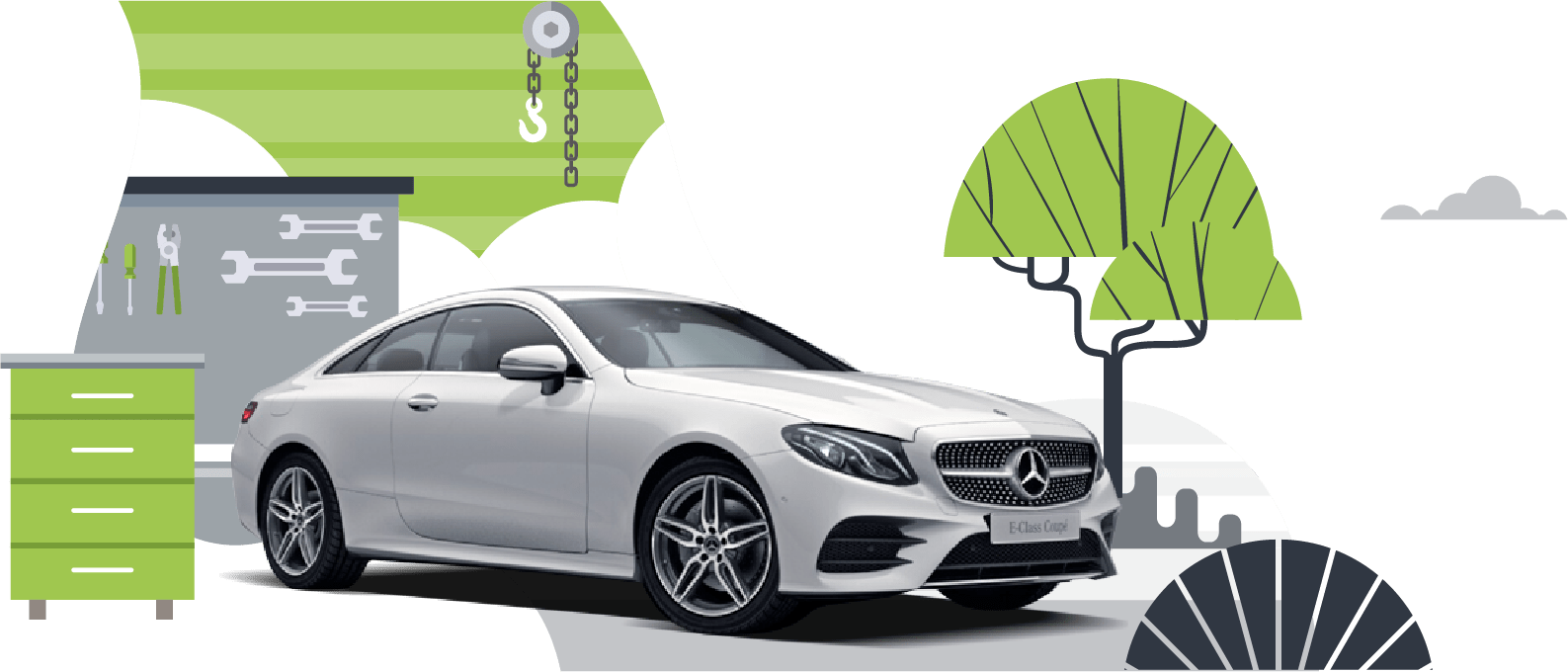Does car warranty cover brakes?
Your braking system is made up of various elements, and some of these may be covered while others are not. For example, your warranty may specify that your brake pedal is included, but your brake discs and pads are not.
In general, it depends on the level of protection that your car warranty provides. Less comprehensive policies, for example those available for older vehicles, are more likely to exclude brake discs and drums, but may include components such as your brake pedal. In contrast, a warranty for a newer vehicle may provide protection for all of these elements.
Car warranties don’t tend to provide cover for brake pads.
Why are brake pads not usually covered by warranty?
A brake pad functions by applying pressure to a disc in motion and, through friction, they work to bring it to a stop. This means that the wearing down of a brake pad is intrinsic to its function; it cannot bring a vehicle to a halt time and time again without degrading a little along the way.
These days, brake pads are built to be durable, but wear and tear is still an inevitable part of a braking system. ‘Wear and tear’ items are often explicitly excluded from car warranties.
Does a car warranty cover brakes if you have bought a brake warranty?
There are dealers and auto repair places that will offer a warranty on their brakes, and some even offer a lifetime warranty on these parts. If you have one of these warranties, it is even more important to be familiar with the exclusions and to be aware of when a ‘lifetime’ might not actually mean a ‘lifetime’. Certainly, these warranties may cover the cost of replacing a brake pad, but it is important to check that they also cover the cost of labour associated with the repair. Some may cover the cost of the faulty part but not anything else that is also damaged by the fault.
ABS technology
ABS technology – or anti-lock braking systems – are used in more and more cars, and it’s likely your car has one. These systems work by allowing a driver to steer while they are also breaking to avoid any accidents. The anti-locking means that while braking, the wheels do not lock, which can cause a vehicle to skid or spin out of control. ABS technology is complex and comprises a number of small interconnecting systems, including a speed sensor, air pressure valves, an electronic control unit that calculates the speed of acceleration and deceleration, and the hydraulic control unit, which applies the correct amount of pressure to the wheels.
New cars protected under the manufacturer’s warranty are likely to have this covered, while nearly-new or used cars will often have their ABS covered by an after-sales or extended warranty. Even with these deals, make sure to pay attention to the exclusions, any servicing obligation, and any time limits on the warranty. Ask questions of the dealer if any of this is unclear when you are offered the package.
Know the score
So that you’re not caught by surprise by any exclusions in your warranty, make sure you read the terms and conditions of these agreements carefully before you sign up. Also, take the time to find an agreement that best suits your needs. Some warranties offer more cover than others, and it’s important to select a product that matches your requirements.
If you have any questions on this topic, don’t hesitate to get in touch. The team here at Car.co.uk will be happy to provide further information and advice.





